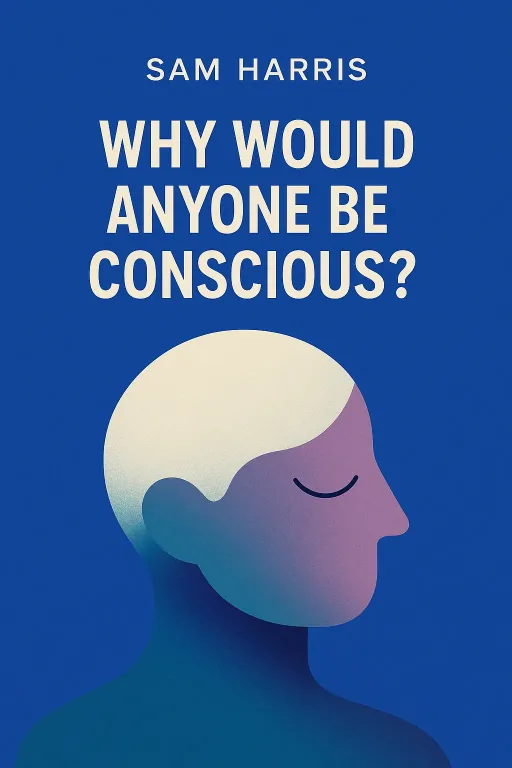
Why Would Anyone Be Conscious?
Sam Harris
An exploration of the mystery of consciousness, questioning our everyday assumptions about the world and delving into the science and philosophy behind our awareness.
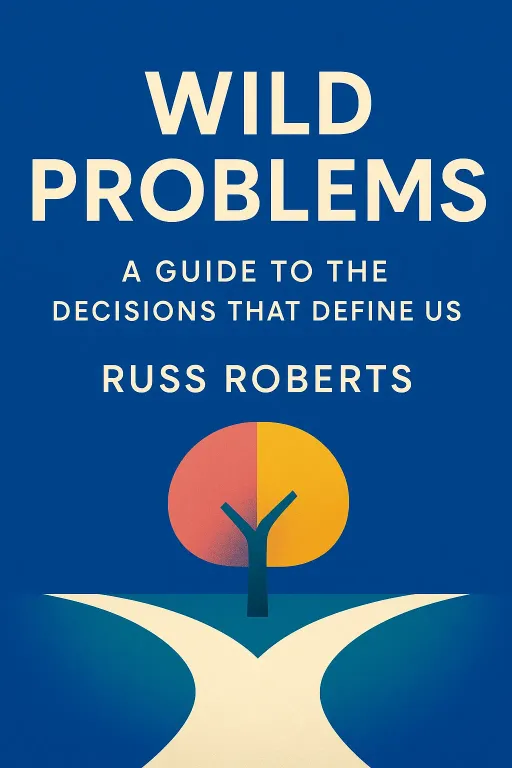
Wild Problems
Russ Roberts
A compelling exploration of how to approach life's most challenging decisions, blending philosophy, economics, and personal anecdotes to guide readers through uncertainty and towards a more fulfilling life. Discover how to navigate the 'wild problems' that define us, and craft a life well-lived.
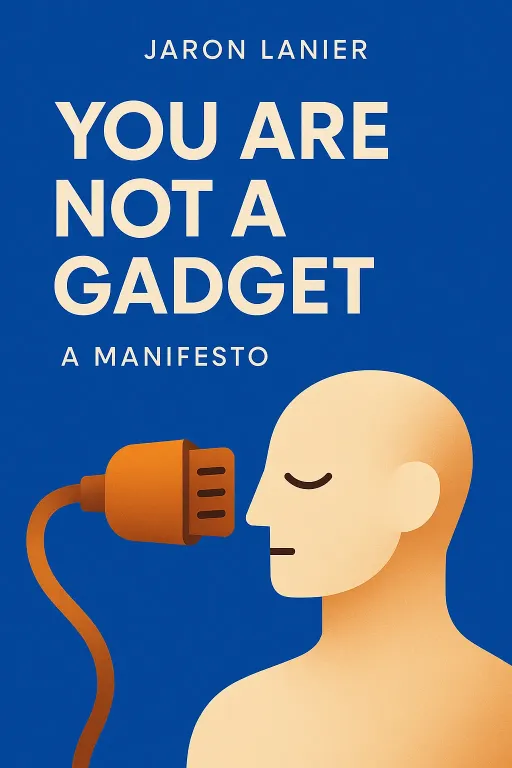
You Are Not a Gadget
Jaron Lanier
A passionate and cogent argument against the hive mind and the loss of individuality in the age of the internet. Lanier argues that the internet's current design diminishes individual expression and promotes a dangerous form of cybernetic totalism, urging readers to reclaim their personhood in an increasingly digital world.
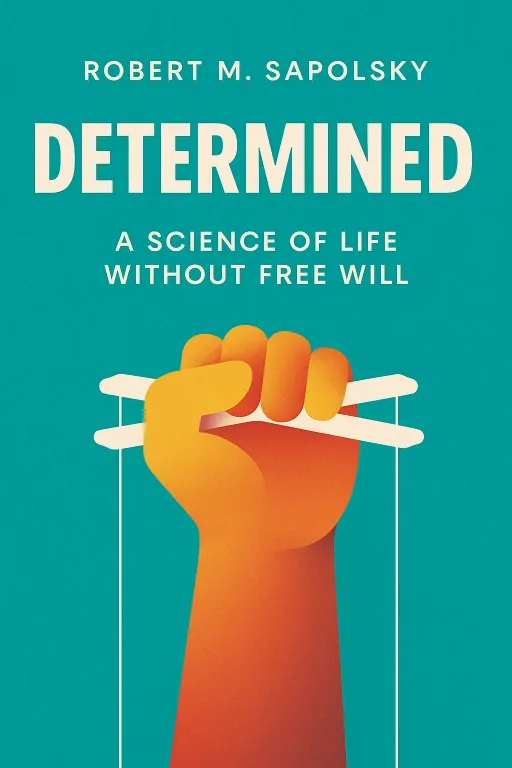
Determined
Robert M. Sapolsky
A provocative exploration into the science of free will, challenging our deeply held beliefs about agency, moral responsibility, and the very nature of choice. Sapolsky argues that our behaviors are the result of a complex interplay of biological and environmental factors, leaving little room for the concept of free will. This book invites readers to reconsider their understanding of themselves and society.
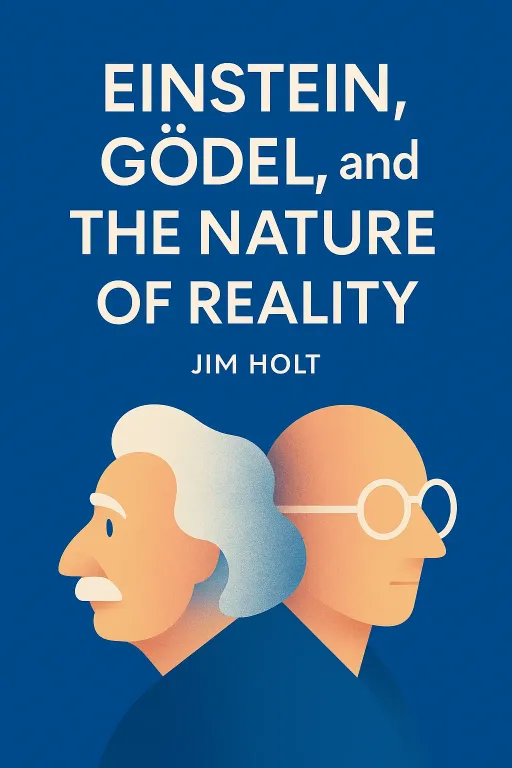
Einstein, Gödel, and the Nature of Reality
Jim Holt
A collection of essays exploring profound ideas in mathematics, physics, and philosophy, focusing on the lives and works of intellectual giants like Einstein and Gödel. It delves into concepts such as relativity, quantum mechanics, infinity, and the nature of time, while also examining the human factor behind these groundbreaking discoveries and their implications for our understanding of reality, knowledge, and ethics.
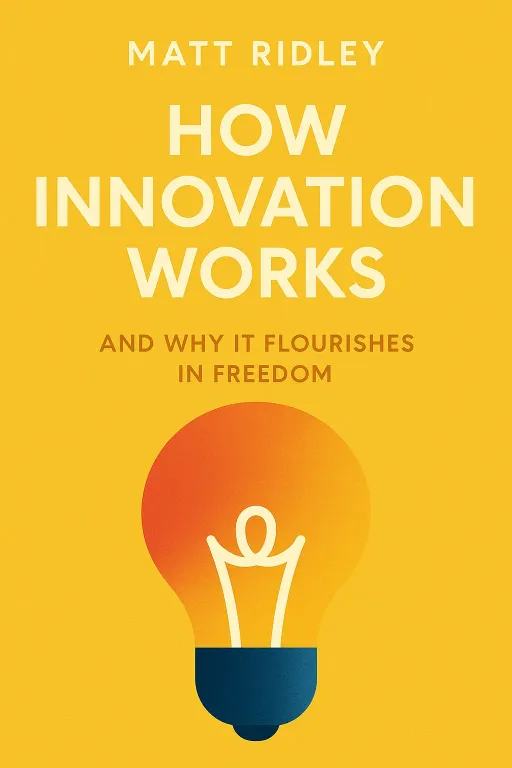
How Innovation Works
Matt Ridley
A sweeping exploration of evolution in the universe, morality, life, genes, culture, economy, technology, mind, personality, education, population, leadership, government, religion, money, and the internet, arguing that evolution is a pervasive force shaping the human world and that change is incremental, inevitable, and driven by natural selection among competing ideas.
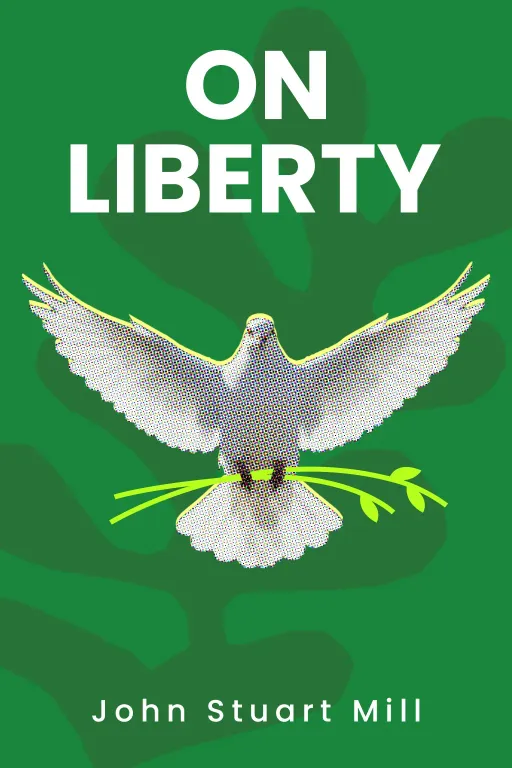
On Liberty
John Stuart Mill
A foundational text in classical liberalism, John Stuart Mill's 'On Liberty' explores the nature and limits of the power that can be legitimately exercised by society over the individual. Mill champions individual rights and freedom of thought and expression as essential for societal progress, sparking debate and inspiring generations.
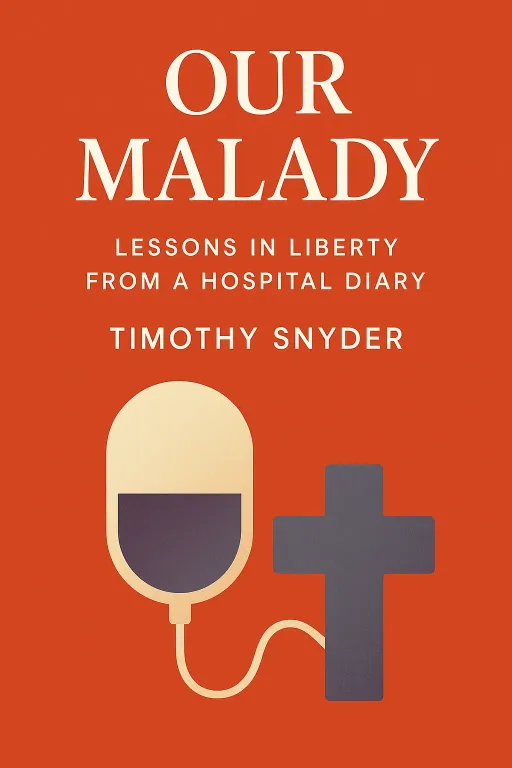
Our Malady
Timothy Snyder
In "Our Malady," Timothy Snyder reflects on the meaning of freedom, drawing lessons from history and his personal experiences, including insights gained from a hospital diary. He explores the essence of liberty in the face of tyranny and offers a profound meditation on what it truly means to be free.